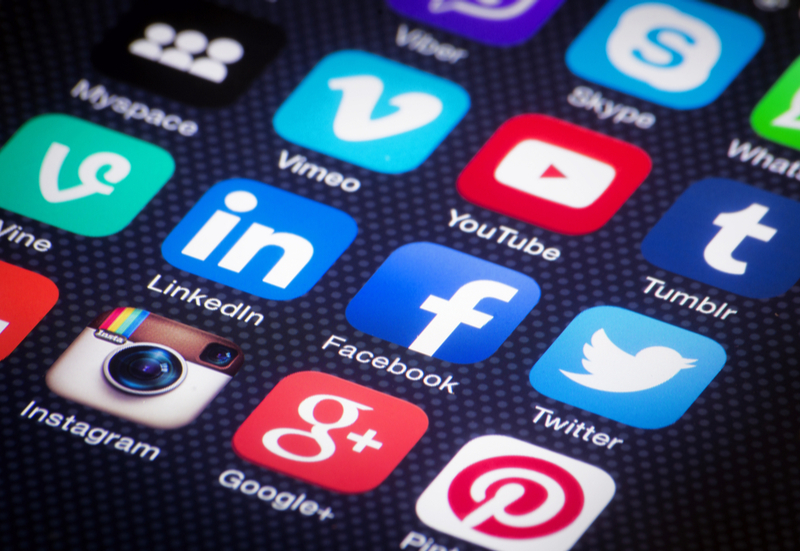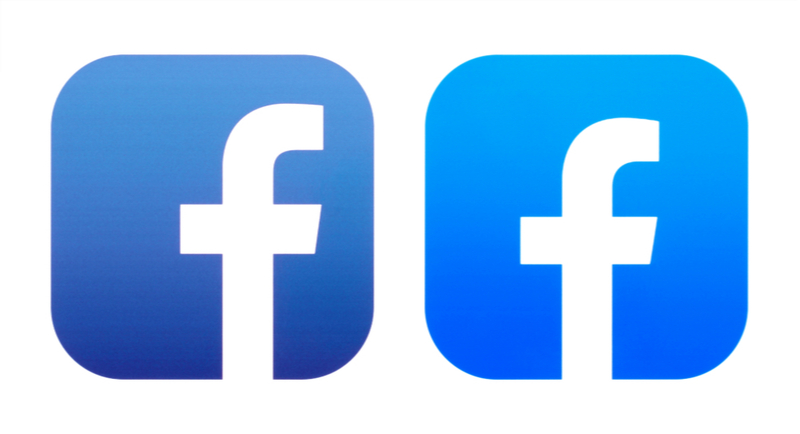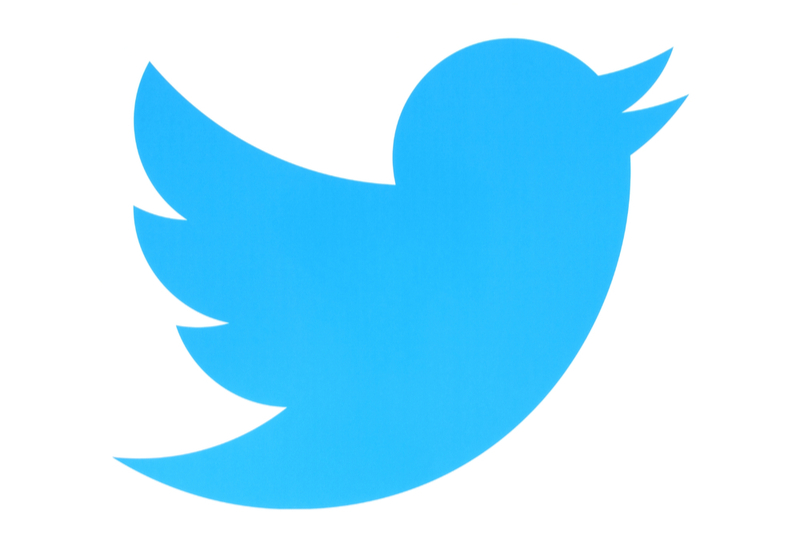Most start-ups and small businesses know the challenges of setting themselves apart from a sea of established companies that offer the same or similar services. It can be difficult to implement your business ideas when you're just starting. That is where marketing comes into play.
As of October 2020, 4.66 billion people (59% of the global population) are regular Internet users. Most of that 4.66 billion accesses the internet via mobile devices. The United States has one of the largest international internet user bases, with 88.5% of Americans using the internet and 28% of Americans going online regularly.
The statistics speak for themselves; having an online presence is essential for small businesses in this day and age. Successful business owners know that they have to adapt to advance and keep their business moving forward. Some companies have harnessed the power of the internet by becoming online-only. Even if that isn't you, internet platforms, such as Instagram and Facebook, can be a valuable asset to your marketing plan.
In this article, we'll focus on the media exposure component of marketing and how you can use social media platforms to your advantage.

Digital marketing is a subset of marketing that focuses on the internet at large. This marketing strategy depends on search engines, email, social media platforms, and other digital channels to promote products to consumers. In essence, digital marketing is any form of marketing that reaches customers through the internet.
Think of digital marketing as an upgraded version of classic (but outdated) marketing techniques. For example, instead of a print ad in a newspaper or magazine, you might use Google Ads to advertise on web pages. Instead of a printed newsletter, you could send out promotional offers in emails or digital newsletters.

Most consumers have access to the internet these days, and if your business doesn't, you're missing out. With this technology at their hands, consumers are becoming savvier in distinguishing between a reputable and disreputable company and product. Consumers are increasingly using the internet to research products before they buy, meaning that if your product doesn't even come up in a quick Google search, chances are your product, no matter how excellent, will not be discovered.
Even if you think your business won't benefit from digital marketing, consider it necessary to keep up with the competition nowadays. To be competitive will require you to go above and beyond by optimizing your customer's online experience.

Social media marketing is a specific form of digital marketing that utilizes social media platforms such as Instagram, Facebook, Twitter, and LinkedIn. These are the four most popular platforms, but you can even use social media platforms such as Pinterest or YouTube to reach a wider audience.
There are many advantages to using social media in your marketing strategy, but the overarching benefit is social media's ability to reach a demographic en masse. If you have already established social media presence for your company, perhaps you will also want to use social media platforms to generate leads for your company. A carefully crafted post with broad appeal can throw a wide net over your target audience by bringing your company to the consumer.
Social media is inherently designed to engage users, and learning how to engage with your customer base, be it through a playful pun or informative graphic, is vital. Your posts should be exciting and invite users to interact through comments, likes, shares, and subscribes or follows.
Your social media accounts don't just have to appeal to consumers. Having a well-developed presence on social media can raise awareness about your business in the professional world as well. You can use social media to target shareholders, potential investors and generally get your name out there to other professionals in your industry.

Now that we've broken down what social media marketing is and why it's essential, it's time to get into how to make the most of the social media platforms at your disposal.
Most small businesses use Instagram, Facebook, Twitter, and LinkedIn. This is because these platforms are most tailored to businesses' needs.
For instance, Facebook allows users to quickly identify your company based on what industry you are in. It also provides a platform for you to list your hours of operations. Users can directly ask questions and receive customer service support.
Instagram takes a more casual approach to digital marketing, allowing you a chance to develop your company's voice and brand while sharing colorful, eye-popping images. It brings life to a company and makes it stand out from the rest in consumers' minds.
LinkedIn provides an opportunity for you to showcase your business' achievements in its industry, highlighting your expertise, employees, and professional connections. It's a particularly great tool for networking and building your company's authority within its industry.
The most important thing to remember is to strategize what content goes on which platform. Below, we'll get into the specifics of each forum's unique capabilities and what they can offer your small business.

Facebook is the biggest social media network on the globe, with over 2.7 billion active monthly users. If your business is new to social media, Facebook is where you should focus your efforts first. First, you'll want to create your company's page and list your business's address, phone number, website, contact email, and hours of operation. This ensures that a quick Google search will tell potential customers when, where, and how customers can reach your business. You can even add a brief point of information about what your company does. Facebook also allows you to list a business page in categories by industry so that consumers looking for the specific services you provide will come across your company.
Once you establish a business page, you can explore the free and paid tools that Facebook offers, depending on your business goals.
If you're looking to get the word out about your business, you can make posts on your company page, share Stories, or go Live. Posts allow you to share pictures and videos. A successful post will generate conversation in the comments and may even garner some shares, extending your reach to a new network of followers. Stories allow you to share all kinds of content and updates, while live videos allow for lively, real-time content and customer interaction.
Being active on your page lets consumers know your business is dynamic and consistently generates interest in your activities. A great way to retain interest and publicity is to be active in your community as well. Consider joining relevant Facebook groups and hosting events and fundraisers.
Public image is always important. Show your customers that you care about their needs by being responsive to comments and answering their direct messages. Customers want to feel appreciated, and even a simple Like acknowledging and thanking them for their support goes a long way. Facebook will even show your average response rate, so make sure you check your messages on Facebook Messenger.
Get more business online with Facebook Shops, which allows you to list your products. Using the Appointments capabilities, your customers can set appointments online, which is a huge convenience to both them and you.
In addition to these free resources, Facebook offers paid tools such as targeted ads, Google Analytics, and more. Facebook will even create a personalized marketing plan based on your business goals.
The great thing about social media is that it allows you to engage as little or as much as you want. You can use your social media accounts to maintain a minimal presence, or you can manage multiple aspects of your business's logistics.

The rise of social media influencers has led to new trends in marketing. Their home base? Almost unequivocally, Instagram. Instagram reports that more than 200 million users visit at least one business profile daily. An Instagram user survey reports that 60% of people say they discover new products on Instagram, and 84% of users are more likely to shop from small businesses. This makes Instagram an important terrain for many small business owners.
While Facebook is universally beneficial for any business, Instagram may be more suited to specific industries. Because Instagram is a predominantly visual platform, it's best matched with companies that sell physical products and place a high value on aesthetics. Instagram is all about trends, and business owners should strive to take advantage of this by creating visually appealing content.
Instagram is ideal for small businesses in the fashion, restaurant, entertainment, and retail industries. Often, products in these categories are visually appealing; who doesn't love to look at pictures of delicious, intricately-presented food? Likewise, a rustic or minimalist aesthetic can go a long way for craft breweries. Those in the entertainment industry are bound to have an endless stream of lively and exciting content to share with their followers. Retailers selling luxury or trendy products – so-called "lifestyle brands" – tend to do particularly well on Instagram. Remember, you're selling an experience when it comes to social media, not just a product.
Because Facebook owns Instagram, there's a lot of compatibility between the two platforms. Instagram gives you the option to set up a business account. You can then add necessary information to your profile, such as an address, email, phone number, and operation hours. Your account will be recognized as a business to other users.
Business accounts will have the same basic capabilities as regular user accounts. Paid business accounts have the added privilege of promoted posts and various advertisement formats (Stories, Videos, and Photo, Carousel, and Collection). Using the same algorithm Facebook does, Instagram can define your target demographic and help you sell to that vertical.
Instagram Ads' precise targeting options allow you to refine your marketing strategy to your target audience by location, demographics such as age, gender, and languages, what accounts users follow, user behavior on and off Facebook and Instagram, and more. You can even target ads at specific users whose email address or phone number you know or who are similar to your existing customers or let Instagram do all the work for you with automated targeting.

Twitter is the place for a brand's personality to shine and has become another great platform to promote your business. Twitter has increasingly become a place where people get their information and keep up with current events. The main appeal of Twitter is the ability for users to share snippets of information – 280 characters, to be exact. It makes for a rapid-pace consumption of information, and small businesses can use these users' daily scrolls to their advantage.
Twitter business accounts enjoy special perks such as campaigns, analytics, measurements, and more. Twitter will create a custom ad campaign plan for your business depending on your goals, whether promotion, exposure, or conversions.
Objective-based campaigns take all of this into consideration when determining how to best structure your ads. Twitter offers more than 20 formats of advertisements that can be tailored to your objectives.
You can analyze your Twitter account's performance – impressions, engagements, and cost-per-results – to optimize your Twitter Ad campaigns.
Last but not least, you can connect with others in your field, expanding your circle of influence and keeping tabs on the competition. Networking, which we'll discuss more in the next section, is invaluable for success and shouldn't be neglected.
You can also find more tips for setting up and effectively utilizing a Twitter Business account here.

LinkedIn is the premier networking platform for professionals, and as such, every business can benefit from having a presence on the site. By creating a page, you can build a global network by connecting with your employees and others in your field.
Analytics allow you to discover who your audience is and grow your audience by learning which topics are trending and which posts gain the most attention and engagement.
In addition to its free features for businesses, LinkedIn offers objective-based advertising. LinkedIn will help you choose the most effective ads for your business based on three objectives: awareness, consideration, and conversion. LinkedIn will then tailor the format of your ads to your business goals. You can choose from interactive ads, job ads, image and video ads, and more.
For more insights into setting up a LinkedIn business page, check out these resources for success.